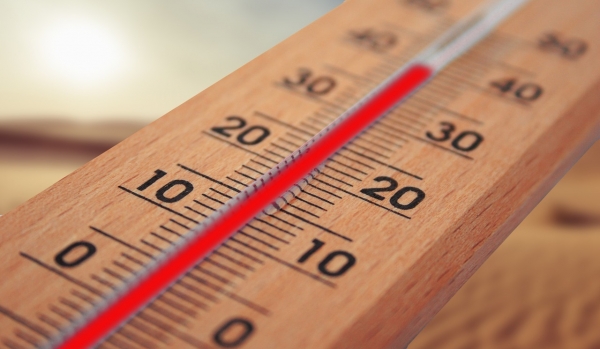When extreme weather events occur, can we tell if they’re directly attributable to climate change?
When extreme weather events occur, can we tell if they’re directly attributable to climate change? A new study used the 2023 heat wave in Texas and Louisiana as a test case for establishing processes that tease out whether particular weather events are climate related.
“Our main goal with this project is to be able to tell communities that are affected by extreme weather events whether they will continue to see more events like this in the future,” says Carl Schreck, senior research scientist with North Carolina State University’s North Carolina Institute for Climate Studies (NCICS). “Getting this information to them in a timely manner will help them make informed decisions about hardening infrastructure or rebuilding after a weather event.”
Schreck and a team of scientists from NC State, the National Oceanic and Atmospheric Administration (NOAA), the University of Colorado, Boulder and Princeton University set out to establish a routine process for evaluating extreme weather events.
The test case for the study was an extreme heat wave that occurred in Texas and Louisiana in 2023. The event was notable for its duration – it lasted almost the entire summer. Most heat wave measurement metrics are designed for events that last three to seven days.
Read more at North Carolina State University
Photo Credit: geralt via Pixabay




